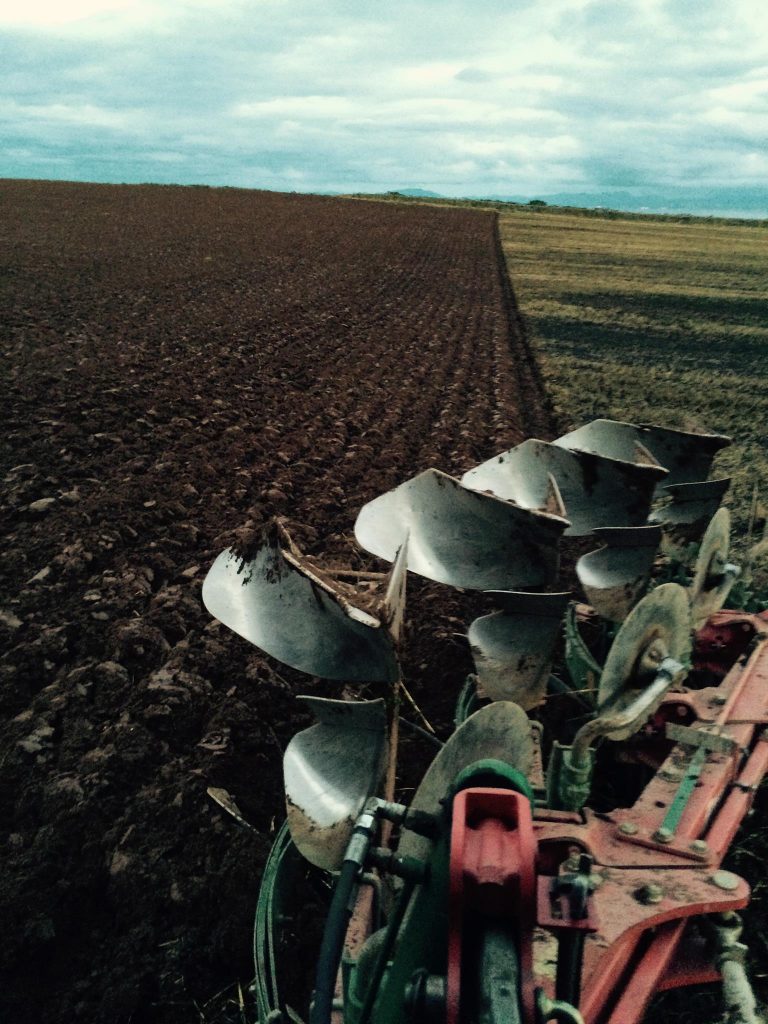Scotland has become the latest nation to sign up to the 4 per 1000 initiative, which aims to boost carbon storage in agricultural soils and reduce the global carbon footprint.
The initiative, a legacy of COP21 in Paris, supports the development and application of techniques to improve the health of agricultural soils, increasing their sustainability and capacity to store carbon.
Rural Affairs Secretary Mairi Gougeon announced the Scottish Government’s support at the 4 per 1000 initiative event at COP26. She said:
“I am delighted to announce that Scotland is signing up to the 4 per 1000 initiative in our own right – creating a golden thread between COP21 in Paris and COP26 in Glasgow, ensuring that the entente cordiale continues.
“Our vision for the future of Scottish agriculture is a positive one. I am seeking to transform how we support farming and food production to make Scotland a world leader in sustainable and regenerative agriculture. Healthy soils have a vital role to play in this vision.
“We are already encouraging agricultural practices that optimise soil healthy and carbon storage and we are supporting peatland restoration, including on farm land.
“We are also keen to ensure better and greater knowledge exchange among farmers and crofters in Scotland – and now with farmers in other countries through being involved in 4 per 1000. We all need to be open to change and learn from each other’s experiences.
“Because the key to successful change, is all of us working together, listening and learning along the way. And our success will mean we get to pass to future generations, a land, and a climate that works for their benefit and for the benefit of the whole planet.
Background
The Soil Regenerative Agriculture Group – Farming for a better climate is made up of farmers working together to establish how best to support, enhance and protect their farm soils.
The Scottish Government is supporting peatland restoration through a funding package of £250 million over ten-years with a target of restoring 250,000 hectares of degraded peatland by 2030. This includes restoration and improving management on agricultural land.
Since 2015, the Scottish Government has also invested over £200 million through the Agri Environment Climate Scheme, including projects and activity to improve soil quality.





